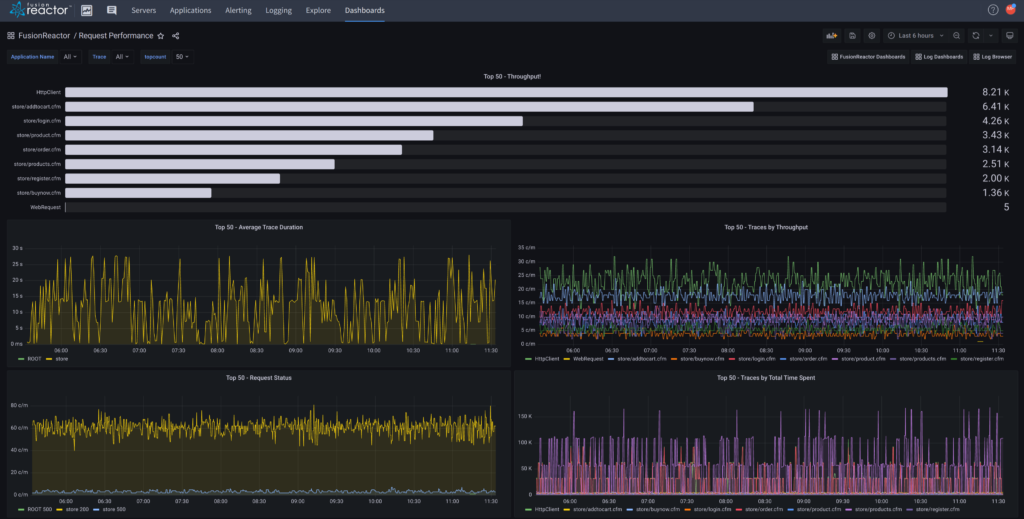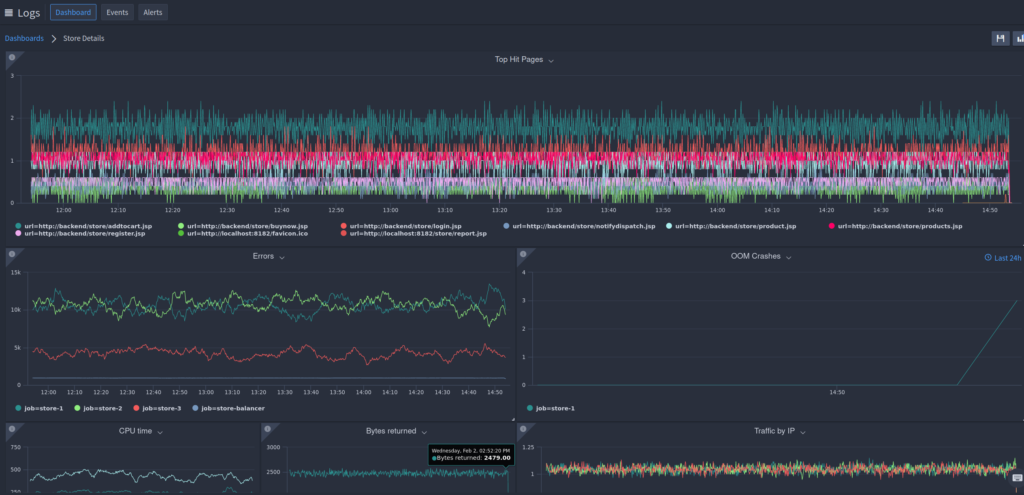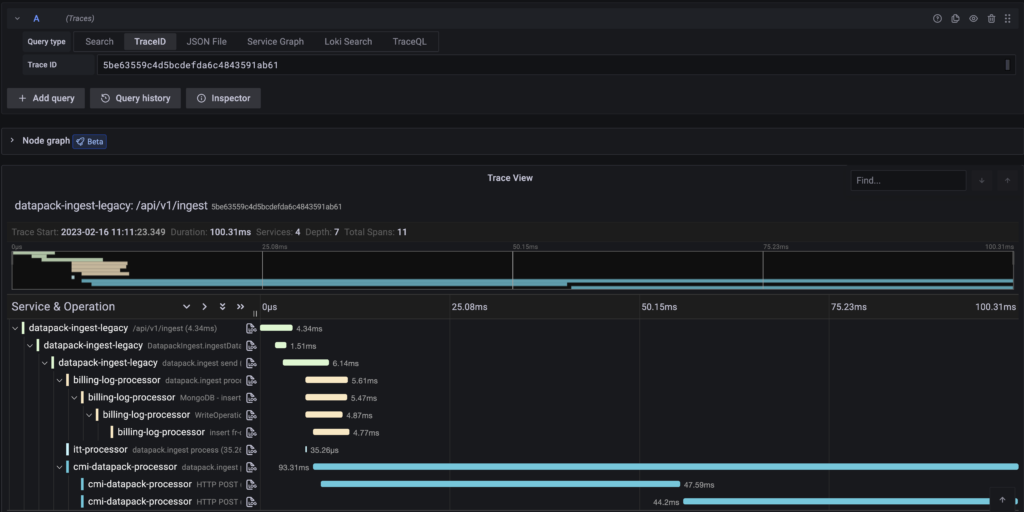Ruby is a powerful and versatile programming language that can also be slow. If you’re not careful, your Ruby applications can become bogged down by performance issues.
In this blog post; Ruby Performance Optimization we’ll discuss Ruby’s five biggest performance issues and how you can avoid them. We’ll also discuss how using FusionReactor with OTel can help you improve your Ruby applications’ performance.
The 5 Biggest Performance Issues in Ruby
Naïve use of objects
One of the biggest performance issues in Ruby is the naïve use of objects. When you create an object, Ruby allocates memory for it on the heap. If you create too many objects, your application can start to run out of memory.
To avoid this, you should only create objects when you need them. You can also use the ObjectSpace module to garbage collect unused objects.
This code creates a new object every time it is called
def naive_method new_object = Object.new # Do something with the new object. return new_object end
This code creates a single object that is reused every time it is called
def efficient_method @object ||= Object.new # Do something with the object. return @object end
Unnecessary method calls
Another performance issue in Ruby is unnecessary method calls. Every time you call a method, Ruby has to look up the method in the object’s method table. If you call a method that you don’t need, you’re wasting time and CPU cycles.
To avoid this, you should only call methods that you need. You can also use the method_missing method to handle method calls that you don’t know how to handle.
This code calls the `to_s` method on the object, even though it doesn’t need to
def naive_method(object) object.to_s end
This code doesn’t call the `to_s` method on the object, because it doesn’t need to
def efficient_method(object) object end
Poorly written code
Poorly written code can also lead to performance issues in Ruby. If your code is inefficient, it will take longer to run.
To avoid this, you should write efficient code. You can use the Benchmark module to measure the performance of your code.
Unnecessary loops
Loops are a powerful tool, but they can also be slow. If you use unnecessary loops in your code, you can slow down your application.
To avoid this, you should only use loops when you need them. You can also use the Enumerable#each_with_object method to avoid creating unnecessary loops.
This code is inefficient because it creates a new array every time it is called.
def naive_method(array) new_array = [] for element in array new_array << element end return new_array end
This code is more efficient because it doesn’t create a new array every time it is called
def efficient_method(array) new_array = array return new_array end
Unnecessary database queries
Database queries can be slow, so you should avoid making them unless you need to. If you make unnecessary database queries, you can slow down your application.
To avoid this, you should only make database queries when necessary. You can also use caching to store frequently accessed data in memory.
This code makes two database queries, even though it only needs to make one.
def naive_method
query1 = database.query("SELECT * FROM users")
query2 = database.query("SELECT * FROM posts")
# Do something with the results of the queries.
end
This code only makes one database query, because it uses a join
def efficient_method
query = database.query("SELECT * FROM users JOIN posts ON users.id = posts.user_id")
# Do something with the results of the query.
end
How FusionReactor with OTel Can Help
FusionReactor is an observability platform that can help you improve your Ruby applications’ performance. FusionReactor can collect telemetry data from your applications, including metrics, logs, and traces. This data can be used to track the performance of your applications, identify and troubleshoot performance problems, and improve the security of your applications.
OTel is an open telemetry standard that can be used to collect telemetry data from various programming languages and frameworks. FusionReactor supports OTel, so you can use it to collect telemetry data from your Ruby applications.
To use FusionReactor with OTel, you need first to start a free trial, then install the FusionReactor OTel agent. The FusionReactor OTel agent can be installed on your Ruby application’s server. Once installed, the agent will collect telemetry data from your application.
The telemetry data collected by the FusionReactor OTel agent can be viewed in the FusionReactor dashboard. The dashboard provides a variety of tools that can be used to track the performance of your application, identify and troubleshoot performance problems, and improve the security of your application.
Ruby Performance Optimization: A Guide to Avoiding the 5 Biggest Performance Issues
In conclusion, several performance issues can occur in Ruby applications. By avoiding these issues, you can improve the performance of your applications. FusionReactor with OTel can help you to identify and troubleshoot performance problems in your Ruby applications.
I hope this blog post has been helpful. If you have any questions, please use chat.






